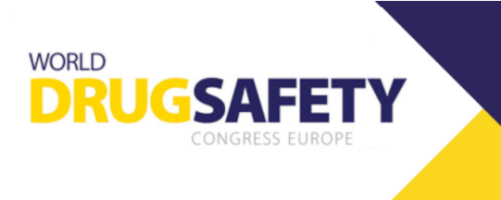When submitting a Marketing Authorisation Application (MAA) through an EU procedure such as Decentralised Procedure (DCP) or Mutual Recognition Procedure (MRP), the choice of Reference Member State (RMS) can be critical to the outcome of the procedure.
What is the RMS’s role in an EU procedure?
The RMS is the Member State which:
- Evaluates the marketing authorisation application (MAA) dossier
- Prepares the assessment report on behalf of the Concerned Member States (CMS) in either an MRP or DCP procedure.
- Act as the Scientific Assessor of the documentation submitted by the applicant (MAH).
- Act as a moderator in discussions between the applicant and the CMS.
A few things to consider when choosing a new RMS:
- KNOW YOUR RMS – Having formed previous connections with a Health Authority (HA) can be a major advantage.
- DIFFERENCES AMONG HEALTH AUTHORITIES – Every member state is responsible for their own day-to-day business. Some might be better communicators, others more efficient and others more inclined to be open to take other factors into account. Remember not every HA has extensive experience acting as an RMS.
- RMS HAS EXPERIENCE IN A THERAPEUTIC AREA – Some RMS have more experience than others in certain therapeutic areas. If you have an established molecule, it’s useful to see what HA has been chosen by other MAH’s for the same molecule.
- LOCATION OF THE COMPANY – Though it might seem like an open door, avoiding language barriers and having the proper infrastructure in place is always a benefit to the daily business. It’s also strategic to choose your RMS according to your company’s EU affiliates; opening up the possibility of direct communication with the HA.
- REFERENCE MARKET FOR GENERICS – In order to achieve the desired product information and label claims, it may be beneficial to choose the RMS based on the reference product information approved in a particular market. Although all CMSs in the procedure have to agree on the common text, the assessment of the RMS will always be based on the reference product in that market.
- AVAILABLE RESOURCE – The resources available to the HA should also be taken into consideration. It is not unusual for agencies to request a longer notice period when booking DCP slots or reject a request to act as RMS due to resource issues. Once a procedure has started, we have observed delays of up to 12 weeks with some HAs in restarting the procedure after the clock stops.
- CURRENT MA REGISTRATIONS – When considering an MRP, the choice of RMS must be from a market where the MA Holder (MAH) already has a national registration. This may restrict you to a specific market. If the MAH holds multiple national MAs, the preferred RMS can be chosen based on the above criteria. The compliance of the current dossier is critical to a smooth procedure i.e., are all variations up to date? does it comply with any new regulations that came into force since initial registration? To avoid extensive questions during an assessment, the market with the most up-to-date and compliant national dossier should be chosen and RMS.
- COMMERCIAL REASONS – L The fees charged by some HAs can be rather significant, particularly if multiple strengths are involved. The fees charged by the HA to (i) act as RMS in the initial MAA procedure as well as (ii) the variation fees for post-approval variations should also be considered.
OUR ADVICE
Plan ahead when choosing an RMS. Generate a short list of desired RMSs based on the criteria above. Reach out to your preferred RMS at least 6 months in advance of your planned submission date to request a slot. If your preferred HA is not available, contact your second and third choice. Before running an MRP, assess the state of the current dossier and carry out any necessary updates prior to the procedure. If extensive updates are required to older products the HA may suggest a full new DCP in favour of an MRP
If you require any assistance in choosing an RMS, or in running a DCP or MRP in any EU markets, please contact Acorn Regulatory at info@acornregulatory.com




